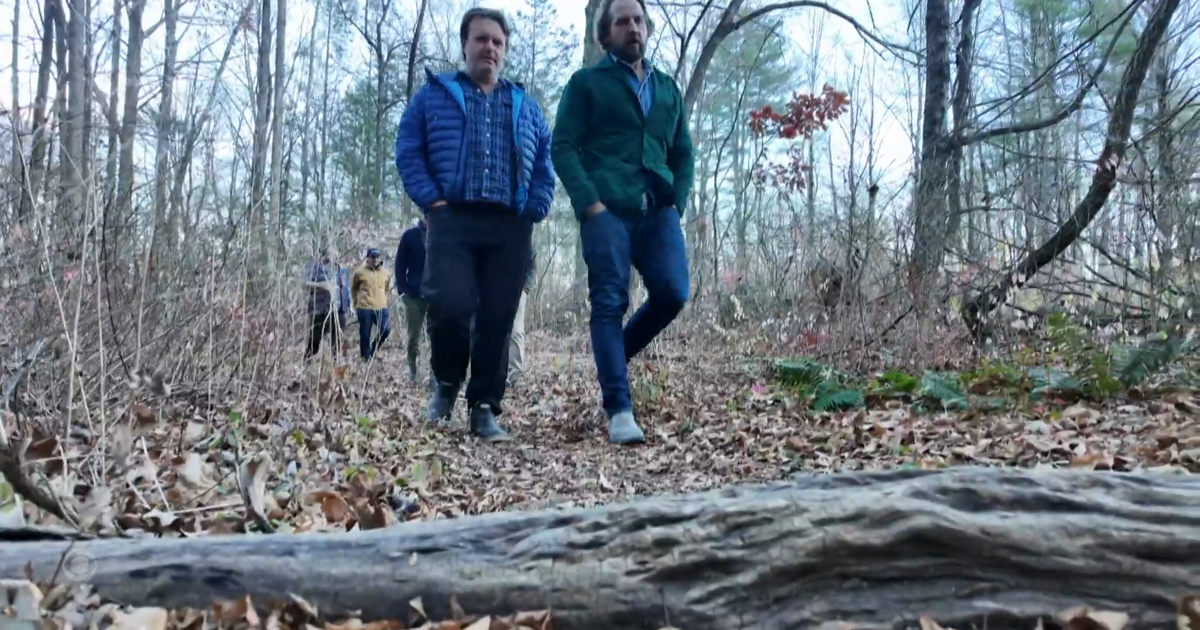Understanding the Loneliness Epidemic Among Men
In recent years, the phenomenon of loneliness has reached alarming levels, affecting individuals across various demographics. However, studies indicate that men are particularly vulnerable to feelings of isolation. According to a 2021 report from the American Psychological Association, nearly one in three men in the United States reported feeling lonely, a figure that has only increased in the wake of the COVID-19 pandemic. This loneliness epidemic has profound implications for mental health, relationships, and overall well-being, prompting a search for effective solutions.
One such solution that has gained traction is the rise of men’s retreats. These gatherings provide a structured environment where men can engage in emotional expression, confront their feelings, and foster genuine connections. As society increasingly recognizes the importance of mental health, men’s retreats are carving out a niche as vital spaces for healing and camaraderie.
The Role of Men’s Retreats in Addressing Loneliness
Men’s retreats are designed to offer a safe haven for emotional exploration. Unlike traditional settings where men might feel pressured to conform to societal expectations of stoicism, retreats encourage vulnerability and authenticity. Participants often engage in activities such as group discussions, workshops, and outdoor adventures that facilitate bonding and self-discovery.
Creating Safe Spaces for Vulnerability
At the heart of these retreats is the concept of creating a safe space where men can share their experiences and emotions without fear of judgment. This environment is crucial for fostering deeper connections. Many men have reported that the act of simply being in the presence of others who understand their struggles can be incredibly therapeutic.
- Group Discussions: Facilitated dialogues allow participants to share their stories and challenges.
- Workshops: Skill-building sessions focus on emotional intelligence, communication, and self-awareness.
- Outdoor Activities: Engaging in physical challenges can help break down barriers and promote teamwork.
Fostering Lasting Bonds
The friendships formed at men’s retreats often extend beyond the event itself. Participants frequently report maintaining contact with one another long after the retreat concludes. This continuity is essential in combating loneliness; having a support network can significantly improve an individual’s mental health and resilience.
Broader Implications of Men’s Retreats
The rise of men’s retreats not only addresses individual loneliness but also challenges societal norms surrounding masculinity. Traditional masculinity often discourages emotional expression, leading to a culture where men may feel isolated in their struggles. By promoting emotional openness, men’s retreats play a crucial role in reshaping these narratives and encouraging a healthier approach to masculinity.
Redefining Masculinity
Men’s retreats are part of a broader movement aimed at redefining what it means to be a man in today’s society. This shift includes recognizing the importance of vulnerability and emotional intelligence. Retreats encourage participants to embrace their feelings and understand that seeking help is a strength, not a weakness.
Community Building
These retreats also contribute to community building. As men share their experiences and support one another, they create a network of allies who can advocate for mental health awareness and combat the stigma associated with emotional struggles. This grassroots movement has the potential to influence broader societal change, promoting healthier relationships and fostering a culture of support.
Challenges and Considerations
While men’s retreats offer numerous benefits, they are not without challenges. Accessibility and inclusivity remain important considerations. Many retreats are held in remote locations and can be costly, which may exclude men from diverse backgrounds. Additionally, there is a need for programs that are sensitive to the experiences of men from various cultures, sexual orientations, and socioeconomic statuses.
Ensuring Accessibility
To truly address the loneliness epidemic, it is essential to make retreats accessible to all men. This could involve offering scholarships, sliding scale fees, or virtual options that allow more individuals to participate. Furthermore, outreach efforts should be made to engage underrepresented communities and ensure that retreat content resonates with a diverse audience.
Looking Ahead: The Future of Men’s Retreats
As awareness of mental health continues to grow, the future of men’s retreats looks promising. More organizations are recognizing the importance of creating spaces for men to connect and heal. This trend suggests an increasing normalization of emotional expression among men, which is crucial for addressing the loneliness epidemic.
Potential for Expansion
There is potential for men’s retreats to expand beyond weekend gatherings. Organizations could implement additional programming throughout the year, such as community meet-ups, online support groups, or follow-up workshops. These ongoing initiatives could help maintain the momentum generated during retreats and provide continuous support for participants.
Conclusion: Embracing Connection and Healing
The loneliness epidemic among men is a pressing issue that requires innovative solutions. Men’s retreats stand out as effective spaces for emotional expression, connection, and healing. By fostering environments where vulnerability is celebrated and lasting bonds are formed, these retreats challenge traditional notions of masculinity and promote mental well-being.
As more men engage in these transformative experiences, society moves closer to a future where emotional openness is not only accepted but embraced. By prioritizing connection and healing, we can collectively work towards alleviating the loneliness that so many face and nurturing a healthier, more supportive community for all.
See more WebMD Network



